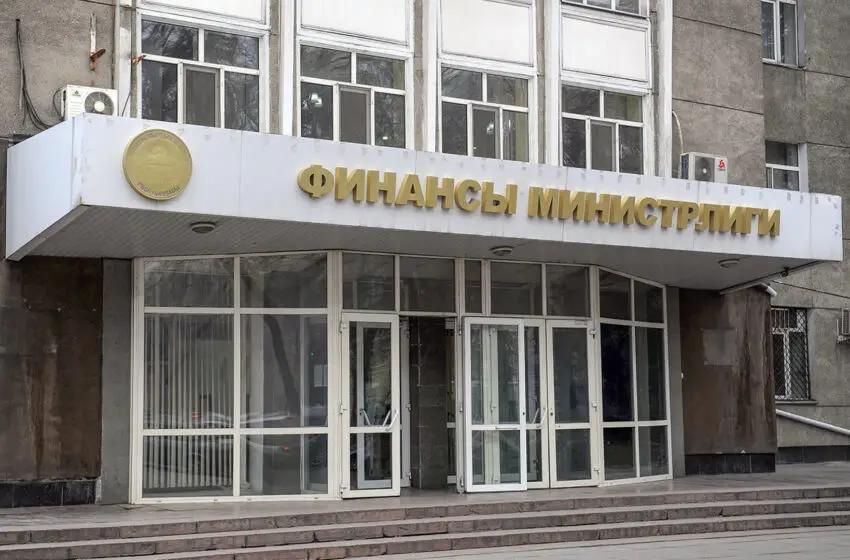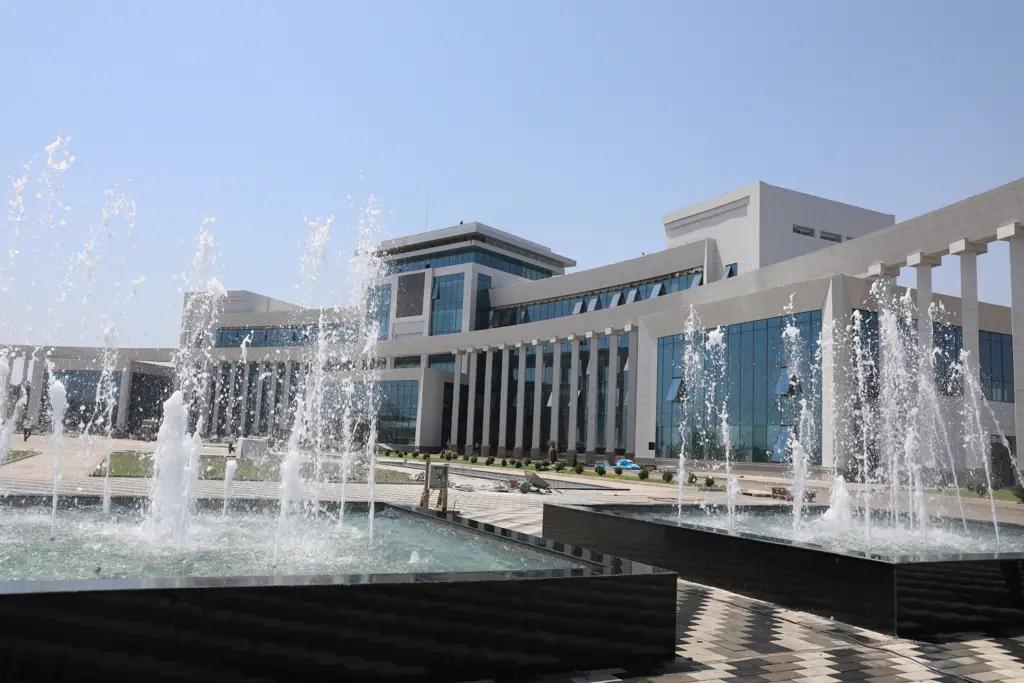
Published
08/06/2025, 10:59The Cabinet of Ministers has submitted for public discussion a draft resolution extending tax holidays for national Kyrgyz beverages — bozo, maksym and zharma. The draft also provides for a postponement of mandatory product labelling until 2028. To this end, it is planned to amend the procedure for implementing Articles 336 and 345 of the country's Tax Code.
If approved, the document will come into force on 1 January 2026.
Initially, the exemption from excise duty and digital labelling was supposed to remain in effect until 2026, but it is proposed to postpone the deadline by two years, until the end of 2028 inclusive. The exemptions apply only to beverages produced in accordance with state standards: KMS 891:2003 for bozo and KMS 980:2021 for maksima and zharma.
According to the Ministry of Economy, which initiated the amendments, the measure is aimed at supporting local producers, preserving cultural traditions and protecting against competition from large foreign brands. According to the authors, extending the excise tax exemption will help keep products affordable for the population and give an additional boost to the development of small businesses in the regions.
In parallel with the extension of tax preferences for traditional beverages, the government is reviewing excise tax rates on other categories of excisable goods, both domestic and imported.
According to the draft:
As emphasised in the explanatory note, the increase in rates is aimed not only at increasing budget revenues but also at promoting a healthy lifestyle. The authors of the document expect that high excise taxes on sweetened and energy drinks will reduce their consumption and lower the incidence of related diseases.
Another important change will be the abolition of the current exemption from excise duty and labelling requirements for baby food. This decision is due to a scheme whereby importers register beverages as ‘baby food’ in order to circumvent excise duty requirements.
As explained in the document, in recent years there has been an increase in the number of cases where suppliers have obtained certificates registering products as intended for children, citing the EAEU technical regulation ‘On the safety of food products.’ At the same time, under current regulations, beverages are considered children's beverages if their sugar content does not exceed 10% of their weight.
However, the relevant laboratories of the Ministry of Health do not have the necessary equipment to verify this indicator, which creates a risk of abuse.
Additionally, it is proposed to extend the delay in the introduction of digital labelling for bozo, maksyma and zharma until 1 January 2028.
Previously, the rule was supposed to come into force in 2026. The decision to postpone was made taking into account appeals from business representatives, especially in regions where entrepreneurs pointed to technical and financial unpreparedness for the new regulations.



